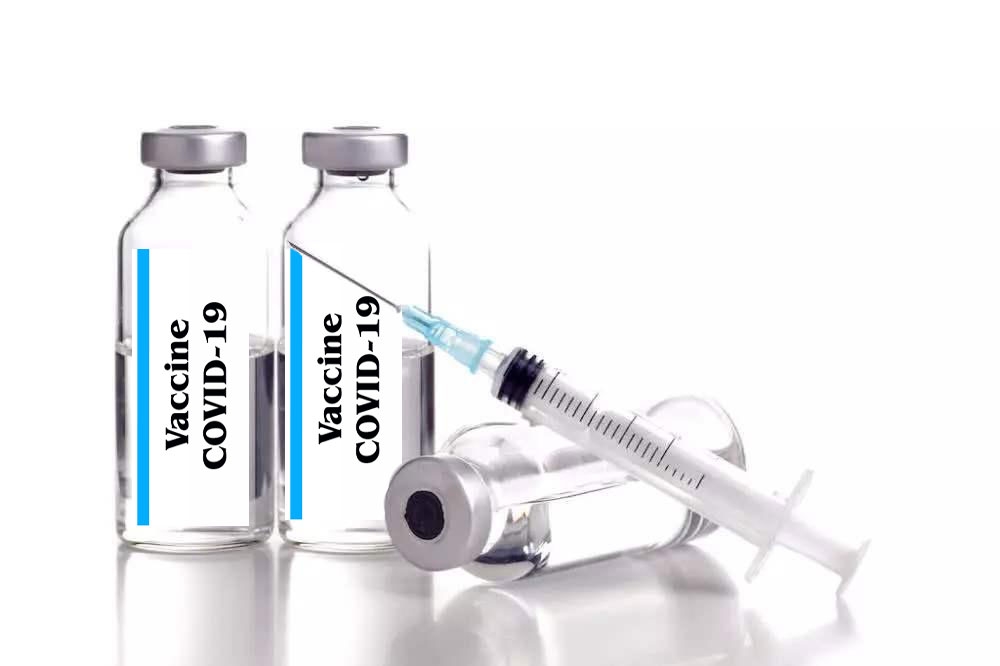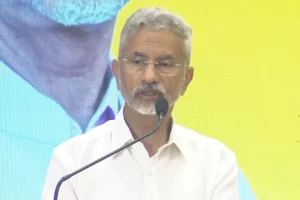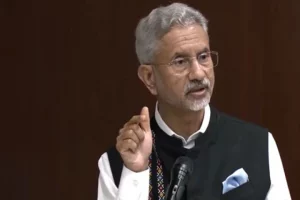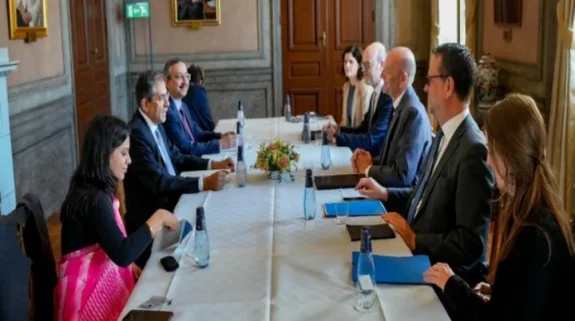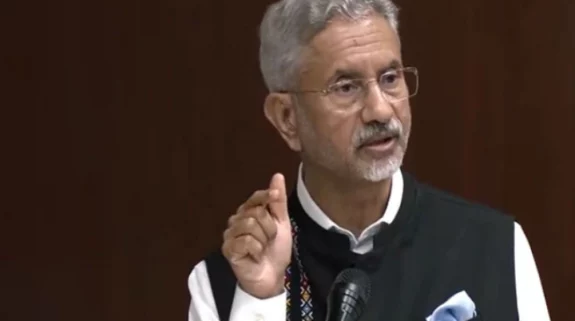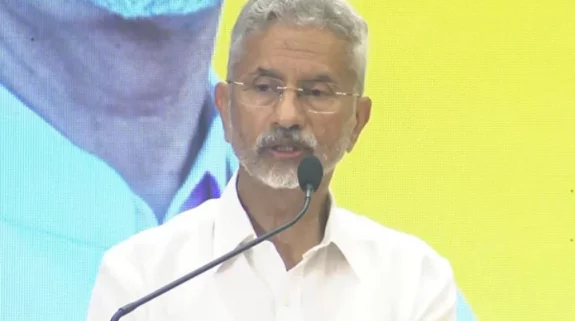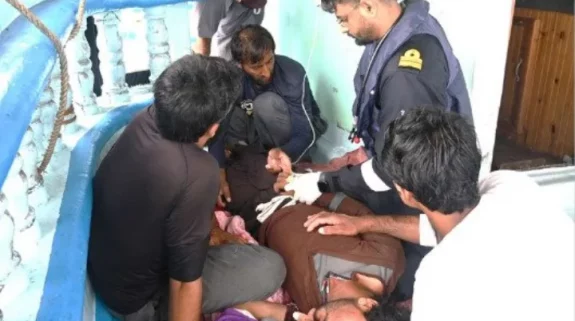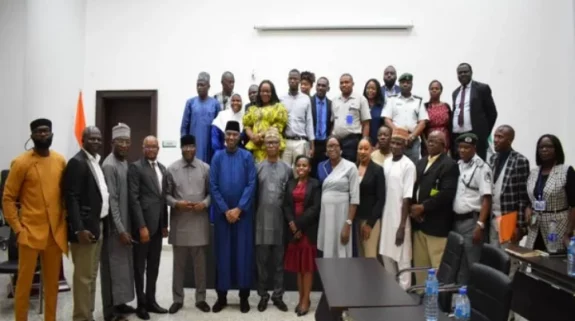The government has decided to inject Rs 4,500 crore into Serum Institute of India (SII) and Bharat Biotech to enable the two vaccine making companies to ramp up production on a war-footing for the country’s accelerated inoculation campaign to cover everyone above the age of 18 years.
Senior officials said that while Rs 3,000 crore of this amount will be allocated to SII, Rs 1,500 crore will go to Hyderabad-based Bharat Biotech. Both the companies have been seeking government funding to expand their production capacities.
The finance ministry has relaxed its rules on bank guarantees to enable a quick transfer of the funds from the health ministry to the two vaccine makers.
According to sources, the funds will go as an advance payment for the vaccines which the government will be buying from SII and Bharat Biotech. The vaccines are expected to be bought at the same price of Rs 150 per dose that the government had paid earlier.
The government had announced on Monday that every person above the age of 18 years will be eligible for vaccination from May 1 to defeat the surging second wave of the coronavirus pandemic. The decision to make this significant shift in the policy to fight Covid-19 was announced after a meeting chaired by Prime Minister Narendra Modi.
This will require a much larger number of vaccine stocks in the days ahead. Currently, SII is producing around 65 to 70 million doses a month while Bharat Biotech is making 10 million doses. SII CEO Adar Poonawalla was seeking Rs 3,000 crore from the government to expand the company’s vaccine producing capacity beyond the 100 million doses a month mark.
The Government has decided to ramp up the production of home-grown anti-Covid vaccine Covaxin by 10 times to 100 million doses a month by September as two public sector companies, one at Bulandhshahar in UP and another at Hyderabad, will also start manufacturing the vaccines.
Bharat Immunologicals and Biologicals Limited (BIBCOL) , Bulandshahr a Central public sector enterprise (CPSE) under Department of Biotechnology and Indian Immunologicals Limited (IIL), Hyderabad, facility under National Dairy Development Board will be supported by the government to prepare their facility to provide 10-15 million doses per month by Aug – Sep 2021, according to a government statement.
The government has already announced that Haffkine Biopharmaceutical Corporation Ltd, Mumbai, a Maharashtra government-owned company will also be allowed to manufacture Covaxin, currently being produced only by Hyderabad-based private company Bharat Biotech.
Thus three public sector companies have been roped in by the government to increase the capacity of vaccine production on a war-footing as the second wave of the deadly Covid-19 pandemic sweeps the country.
The Haffkine Biopharmaceuticals Ltd had asked for around 12 months to complete this task. However, the Central government has asked them to expedite and complete the task urgently within 6 months. The facility will have a capacity of 20 million doses per month, once it is functional.
Bharat Biotech 2nd factory to start
As a part of the plan to increase vaccine production, Bharat Biotech Limited is also being provided “financial support as grant from the government of India to the tune of Rs 65 crore to Bharat Biotech’s new Bangalore facility which is being repurposed to increase the capacity of vaccine production, the government said.
According to the official statement, under Aatamnirbhar Bharat 3.0 Mission COVID Suraksha was announced by the Government of India, to accelerate the development and production of Indigenous COVID Vaccines. This is being implemented by the Department of Biotechnology Govt. of India.
Under the Mission the Department of Biotechnology is providing financial support as Grant to vaccine manufacturing facilities for enhanced production capacities.
Inter-ministerial teams had visited the sites of two main vaccine manufacturers in recent weeks to get their inputs on how production can be ramped up. In this period, there have been extensive reviews and feasibility studies on the plans being discussed with vaccine manufacturers, the government statement added.






